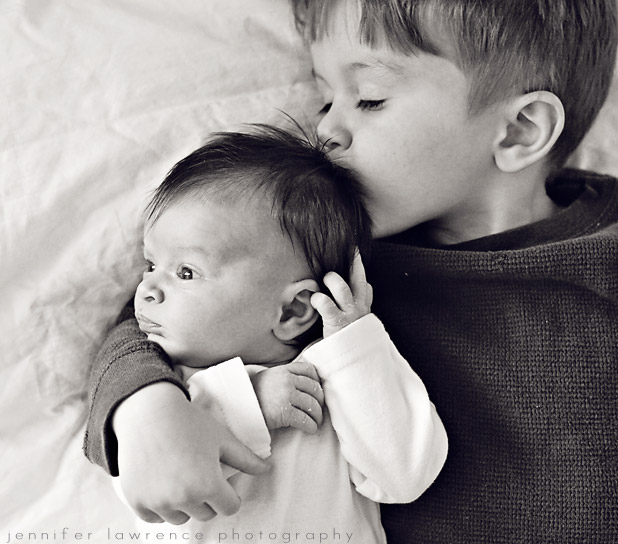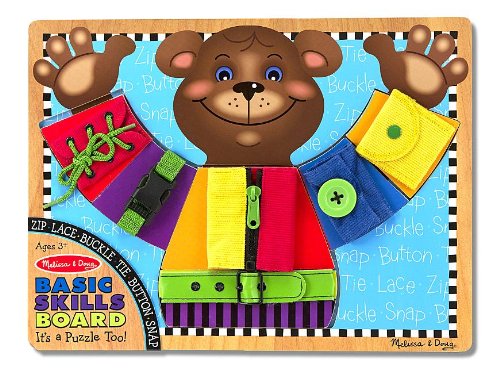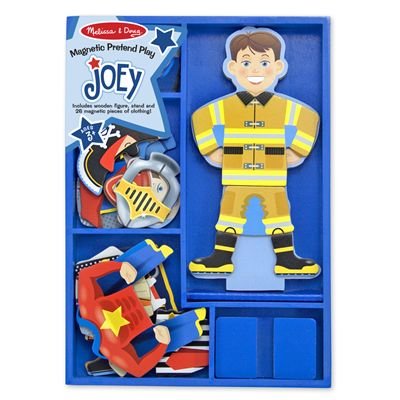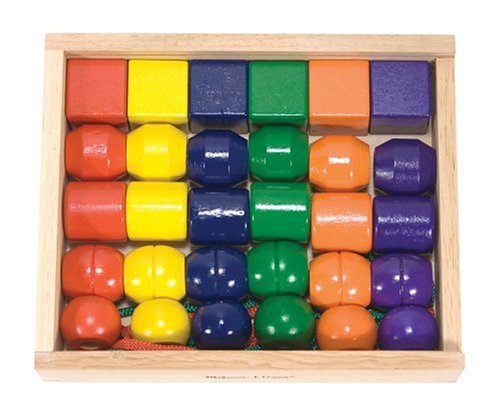I've been woefully behind on my blogs, but a question on how to deal with sibling fighting came up today in one of my FB groups, so I thought I would address it from a personal and developmental research level.
When you have two children, this is how you imagine they will be there for each other: best friends. They'll love each other, protect each other and be BFFs. Beautiful, wonderful love.
But, just like everything else that has to do with children, it's mostly a myth. Or at least only captures PART of the siblings' complex relationship. It usually looks more like this:
So, let's start with Awareness of Sibling Issues. Imagine your spouse/partner comes home one day and says, "I've got a big surprise for you! Now, you know I love spending time with you and you've been great. But I think our life will be more full with another wife. It will be great! We can spend time together and you can share all your belongings, and even your room! Won't that be fun?" Now, as tempting as having another full time parent in the house sounds, of course, we would strangle our spouse. But, this is the experience of a child who gets a sibling. They were the center of your world and now...poof. They are not. If you have twins or the siblings were really close in age, they still have to contend with another being around them CONSTANTLY who may be very different in temperament. Think about how many times you get angry at your spouse (probably a lot more after kids...). Think about all the things they do that annoy you. Now imagine you have NO ability to suppress your anger, communicate your anger or even understand those feelings. A child alone willstruggle to communicate, learn social skills, learn to regulate their emotions, and bounce back from negative feelings. Now imagine that times two, with more chances during the day to lose it because you have a built-in annoying sibling who follows you everywhere.
Onto knowledge: Children during the toddler years and preschool are learning some hugely important physical, cognitive and social-emotional things. In terms of social and emotional skills, children can't really understand the whole sharing thing until about 3 years old. Even then, it's tough. It is NORMAL for children aged 1 to 4 to fight, throw tantrums and generally, just piss each other off. That doesn't mean you let it happen, you should always intervene. Every time you intervene, you have a "teachable moment" - a moment where you are moving them in the direction of being better friends and learning social and emotional skills.
Finally, the Skills! Here are a few things that can help!
- Never, ever, ever, play the "You better or your sibling will..." You better eat that or I'm going to give that to your sister. If you don't put that away, I'm going to give it to your brother. Although this is super effective in getting your child to comply to something, this increases sibling rivalry. It makes their sibling a competitor, not an ally.
- Do play the "My turn, your turn" game. Play something together and take turns. Instead of grabbing, when they want the object, you say "My turn!" Reinforce and praise when they do this well.
- Help develop language (if a child has a speech delay, get help right away - this can cause a lot of frustration on their part) and emotion vocabulary. Comment on feelings all the time - how you feel, how characters in books and videos feel - ask questions about feelings. Label the feeling the child has throughout the day. Watch the movie Inside Out. Understanding the emotion is key to regulating emotions. I use a set of dog-themed emotion cards that I made and laminated with Wilson to talk and act out feelings as well.
- When my son wanted to take something from his brother, I also taught him the replacement game. I would tell him to go get another toy for his brother to see if he wanted something else. If he dropped the original toy, then Wilson could have it. He got incredibly skilled at sibling toy distraction.
- If Wilson refused to share something, the necessary consequences were that the toy was removed. I would give one warning, "We need to share that or the toy goes bye-bye!"
- If one of the sibling hits the other, the best strategy that I have found is to separate them immediately and say a single message, "We do not hit." or "Hands to your own body." Then I would attend to the victim of said hitting - hug them and make sure they were ok. Then I would turn to the child who hit, which was usually a sobbing mess because they know they did wrong and believe you are mad at them. I would then hug that child to help them calm down. And then talk to them. Label the emotion - I know you are angry, but we never hit. Sometimes a calm down kit can be incredibly helpful as well.
- Spend time with each child alone. Make sure each child gets plenty of attention - not just the squeaky wheel (the child good at getting attention). Also make sure they get time with other significant others (the other parent, grandparents) alone too.
- Rinse and repeat, be consistent, and let time pass.
When Waylon was first born, Wilson was AWFUL. He was a struggle alone, but we worried a lot for Waylon because he got beat up a lot. Wilson struggled a lot with his emotional regulation. We did all of the above steps and did a lot of "divide and conquer" - we each would take one child - Waylon was content playing at home, which fit me. Wilson liked to run errands and get out of the house, which fit Mike. At 3 years for Wilson and 19 months for Waylon, they are now really good with each other. In fact, tonight, Wilson moved Waylon's high chair close to him and said, "He's my best friend, mama!" There's no hitting and pushing anymore, although they do still struggle with sharing. But it never incites aggression at all anymore. So, there is hope - it's just responsiveness, consistency and time!
There are some good books on the topic too:
 | |
| Brothers & Finally Friends (A Different Kind of BFF) Picture Taken By Laura Elyse Photography |














































